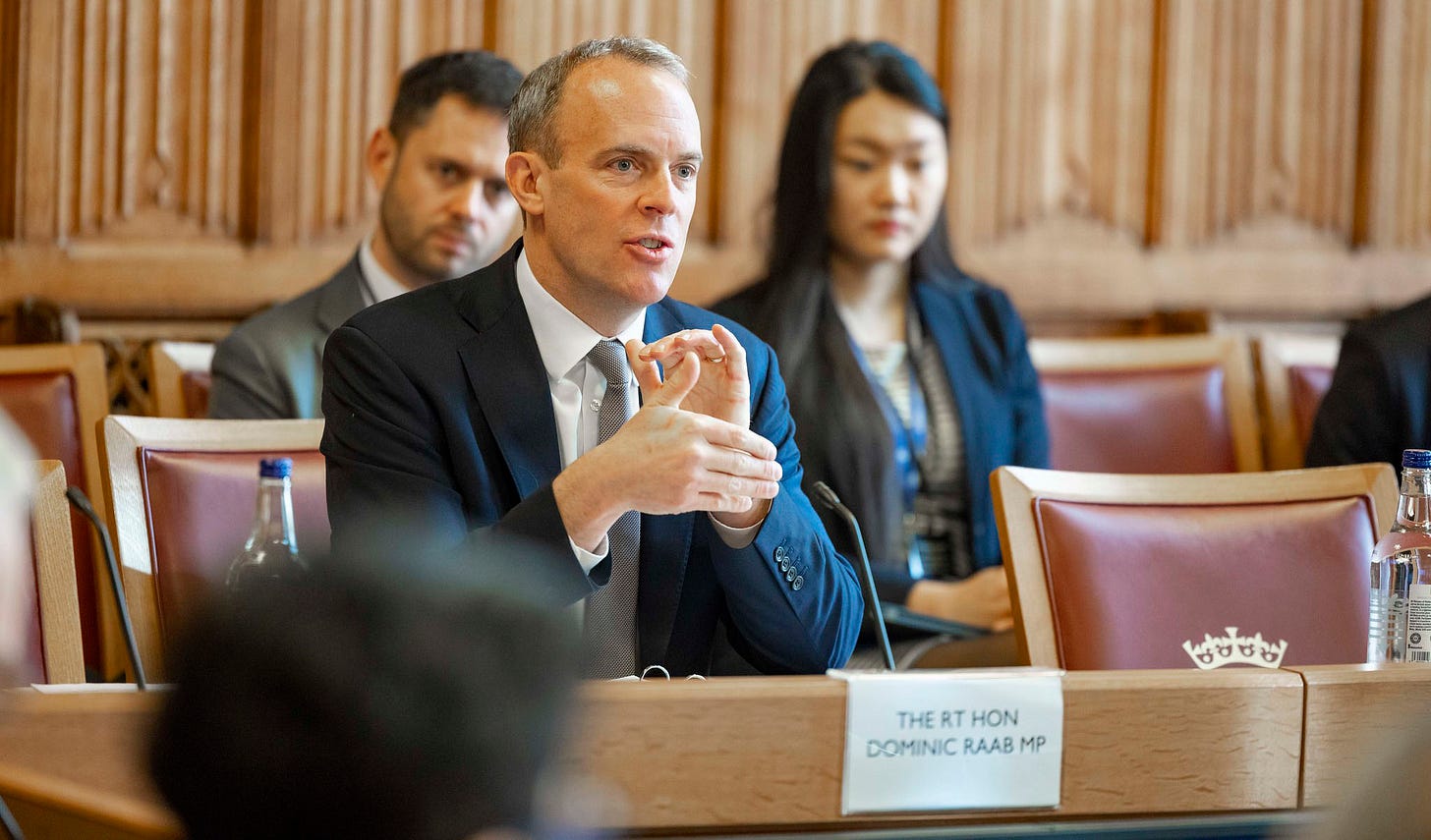Raab interfered with justice process
Prisoners may have been wrongly released or detained, court finds
Prisoners may have been wrongly released — or detained — because the justice secretary Dominic Raab impermissibly interfered with the justice process, two judges ruled this morning.
Keep reading with a 7-day free trial
Subscribe to A Lawyer Writes to keep reading this post and get 7 days of free access to the full post archives.


